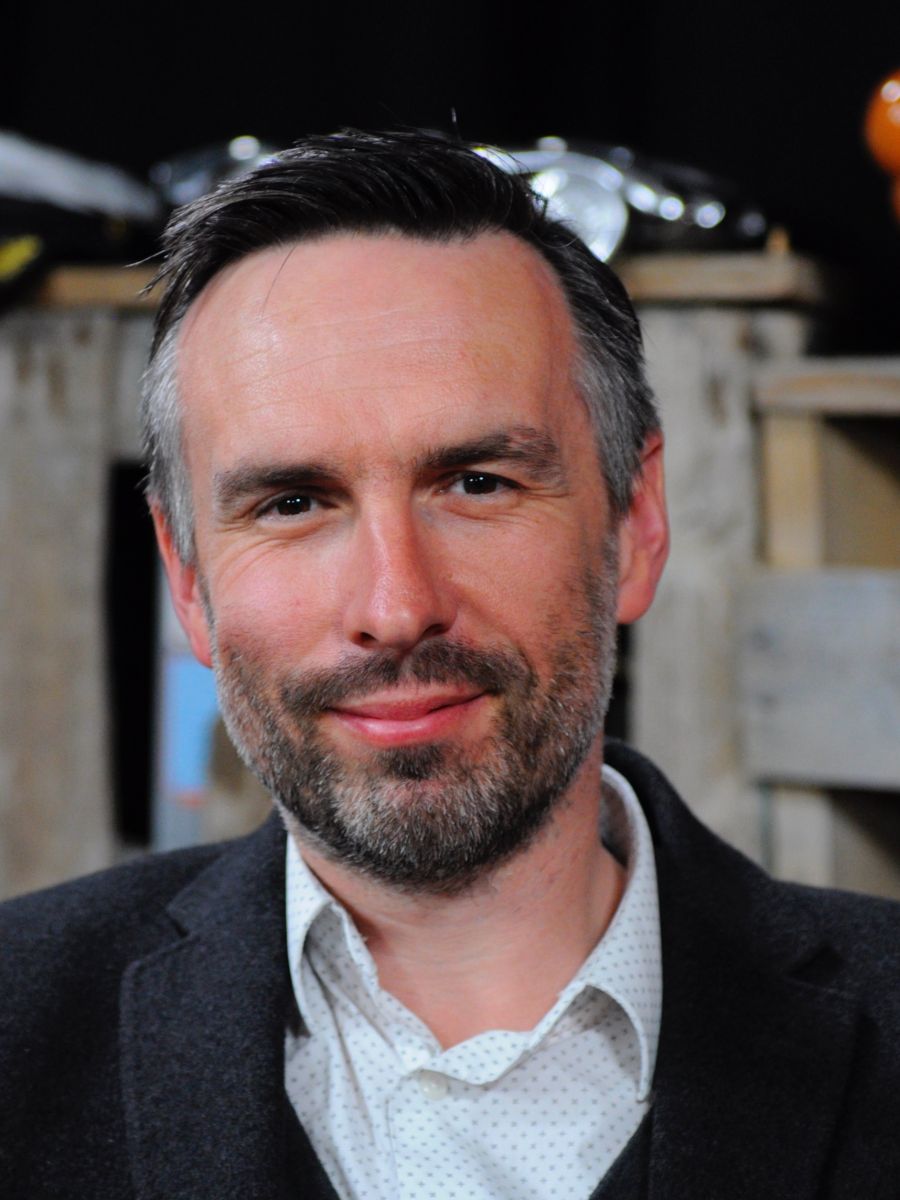25 Years of The Open University Law School – Now, Then and Next

The 25th anniversary of legal education at The Open University is an undoubted cause of celebration, but also provides an opportunity to ponder how things might look in another 25 years from now.
Making bold predictions, and publishing them on our Law School Blog, might make a hostage to fortune, but as an OU LLB graduate myself, I’m confident in predicting that OU law students of the future will continue to engage in displacement activities such as tidying their desk or listening to music when they should be getting down to their studies.
So, it seems fortuitous that I write this on the day The Beatles have released their latest single, and, as old habits die hard, I only mustered the courage to begin writing this piece after listening to their new single a couple of times on Spotify (other streaming services are available).
Is it possible that The Beatles’ latest release can teach us something about the future of legal education?
The Beatles latest, and no doubt final song, was created with the assistance of Artificial Intelligence and its use may well have some lessons for the Law Schools of the future. The arrival of applications such as ChatGPT pose a range of fascinating questions for law schools and the legal profession. My OU colleagues in the OU Law School have produced sector leading research on the potential opportunities and challenges for law schools and argue that we need to think consider new methods to incorporate AI into our teaching.
Clearly, there are good and bad ways to use AI in legal studies and law schools need to be able to safeguard the integrity of their assessments which are so important for giving students credible recognition of their learning.
This is a lesson that our judges and lawyers are also learning, as this account shows. In it, we see that some lawyers were caught out by uncritically submitting legal submissions generated by ChatGPT, whereas Lord Justice Birss, an English Court of Appeal Judge, demonstrated that, used thoughtfully and critically, AI can actually enhance legal practice.
So perhaps The Beatles can teach us something about legal education.
Just as they used AI to get the best out of their recordings, a critical and well-informed approach to AI applications have the potential to enhance legal education and professional practice. I’ve no doubt that, given the track record for innovation demonstrated by the research and teaching practice of my colleagues, The Open University Law School is well placed to help future OU students to take advantage of the opportunities provided by AI in their legal studies and professional practice.

Hugh McFaul
Hugh joined The Open University Law School in 2011 and was appointed Head of School in January 2022. Prior to becoming Head of School, he was Director of Knowledge Exchange and Impact for the Faculty of Business of Law.
As Co-Director of the Open Justice Centre and module chair of W360: Justice in Action, he has pioneered online approaches to clinical legal education and worked to develop a range of innovative community based experiential learning opportunities for OU students by developing partnerships with national and international third sector organisations.